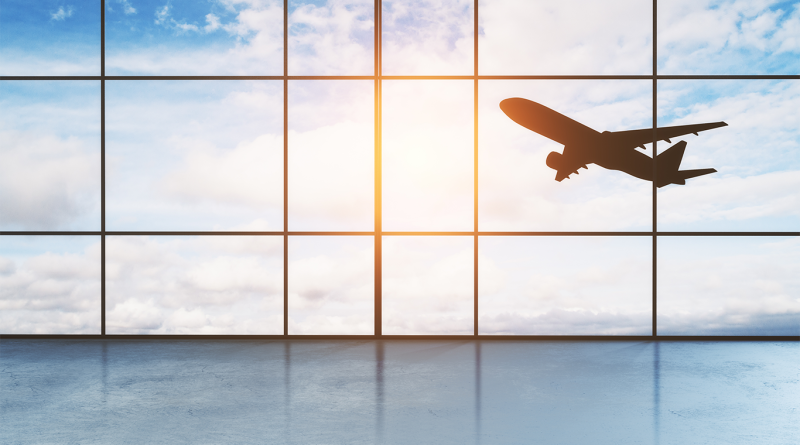Senate Challenges Airlines Over $12.4 Billion Seat Fees
The US Senate has scrutinized airlines for collecting $12.4 billion from seat selection fees between 2018 and 2023. Once an uncommon charge, these fees are now a significant source of revenue for major carriers, raising concerns about fairness and transparency. As these charges grow more pervasive, passengers face higher costs and increased complexity when booking flights.
The evolution of airline pricing strategies
Airlines have drastically transformed their pricing models in recent decades. The once-standard all-inclusive fare has been replaced by ‘unbundled’ pricing, which separates the base ticket cost from optional add-ons like baggage and seat selection.
This shift began as airlines sought to recover from financial challenges in the early 2000s, including rising fuel prices and economic downturns. The unbundled model was touted as a way to lower base fares, allowing travelers to pay only for the services they value.
However, the promise of affordability often falls short for passengers. Fees for essentials like sitting with family or avoiding middle seats can make flying more expensive than anticipated. Critics argue that this pricing model prioritizes airline profits over customer convenience, complicating the booking process and obscuring the true cost of travel.
Breaking down the $12.4 billion figure
The Senate report revealed that five major airlines—American, Delta, United, Frontier, and Spirit—generated $12.4 billion from seat selection fees over five years. These charges, ranging from a few dollars to over $100 per flight, have become a linchpin in airlines’ revenue strategies.
Passengers encounter these fees during booking, particularly for window, aisle, or extra-legroom seats. While marketed as optional, they often feel unavoidable, especially for families or travelers with specific seating needs.
Among the airlines, low-cost carriers such as Spirit and Frontier rely heavily on ancillary fees to maintain ultra-low base fares. Meanwhile, legacy airlines like Delta and American have also embraced these charges, citing customization as a consumer benefit.
Public reaction to this practice has been overwhelmingly negative. Passengers frequently express frustration with unexpected costs and the lack of clarity surrounding these fees, prompting lawmakers to call for greater transparency.
Transparency and consumer protections
A central critique of seat fees is the perceived lack of transparency. Airlines argue that these charges are disclosed during booking, but many consumers and lawmakers disagree. They claim that fee information is often buried in complex menus or small print, making it difficult to understand the true cost of a flight.
The Senate report recommends that Congress require airlines to present all fees upfront and clearly during the booking process. The Department of Transportation (DOT) has also been urged to investigate seat fees more rigorously. Lawmakers suggest strengthening oversight to prevent airlines from exploiting vulnerable passengers, such as families who must pay extra to sit together.
The airlines’ defense
Airlines and their trade group, Airlines for America, defend seat fees as part of a strategy to offer consumers more choice. They argue that unbundling keeps base fares low, allowing passengers to pay only for the services they need.
Proponents of this model claim that it makes air travel more accessible, particularly for budget-conscious travelers. Airlines also emphasize that they comply with all existing regulations regarding fee disclosure.
However, critics argue that unbundling is more about increasing revenue than empowering consumers. While base fares may appear lower, the cumulative cost of add-ons often results in ‘ticket price creep’, where the total expense exceeds initial expectations.
The Senate investigation has placed seat fees under a spotlight, with lawmakers calling for reforms to protect consumers. Proposals include mandatory upfront fee disclosures, limits on the total cost of ancillary charges, and new rules to ensure families can sit together without extra costs.
The DOT is also expected to take a more active role, with potential penalties for airlines that fail to meet transparency standards. While some carriers have started to adjust their pricing practices, broader changes may depend on legislative action with the potential to set a new standard for transparency across the travel industry.
Sources:
To keep up-to-date with our latest transportation and logistics news, subscribe to our newsletter today.
